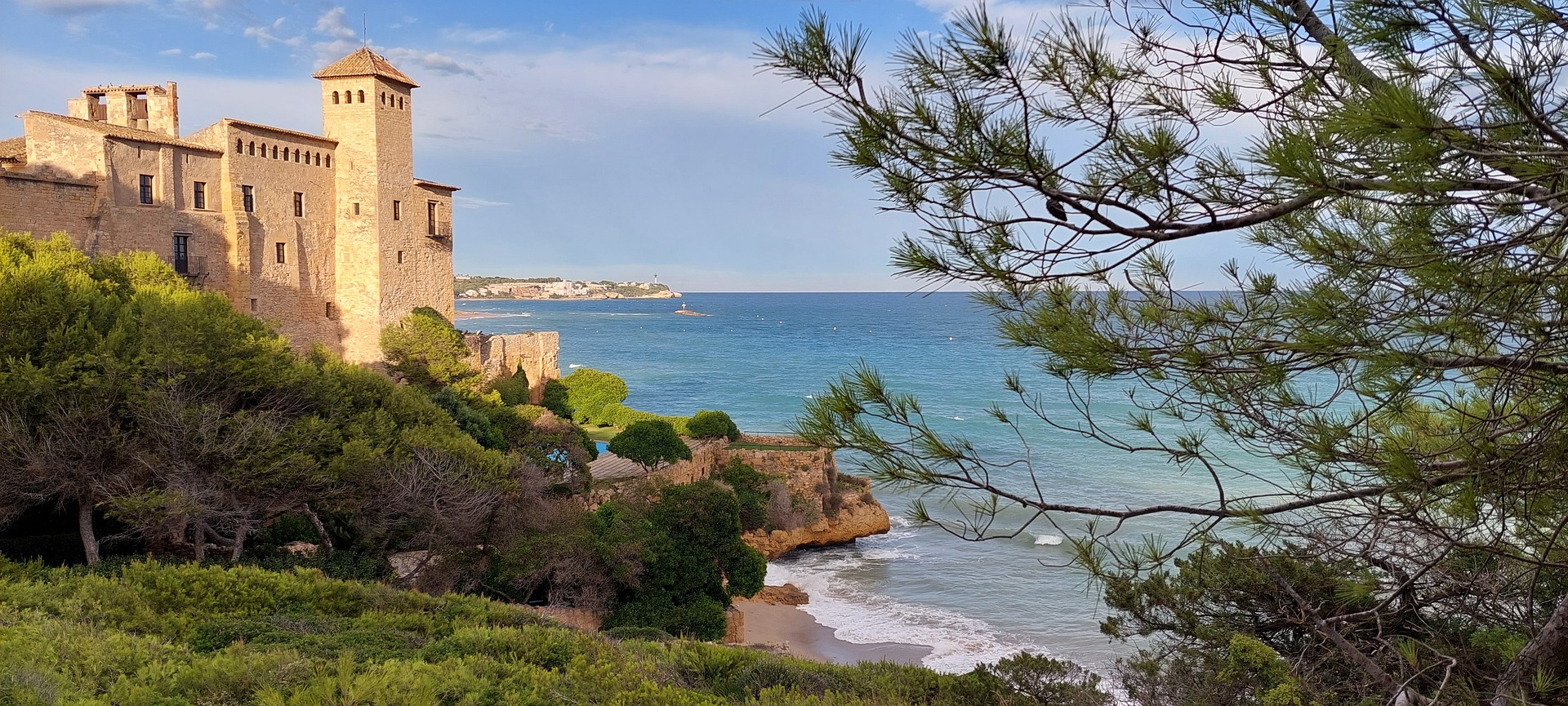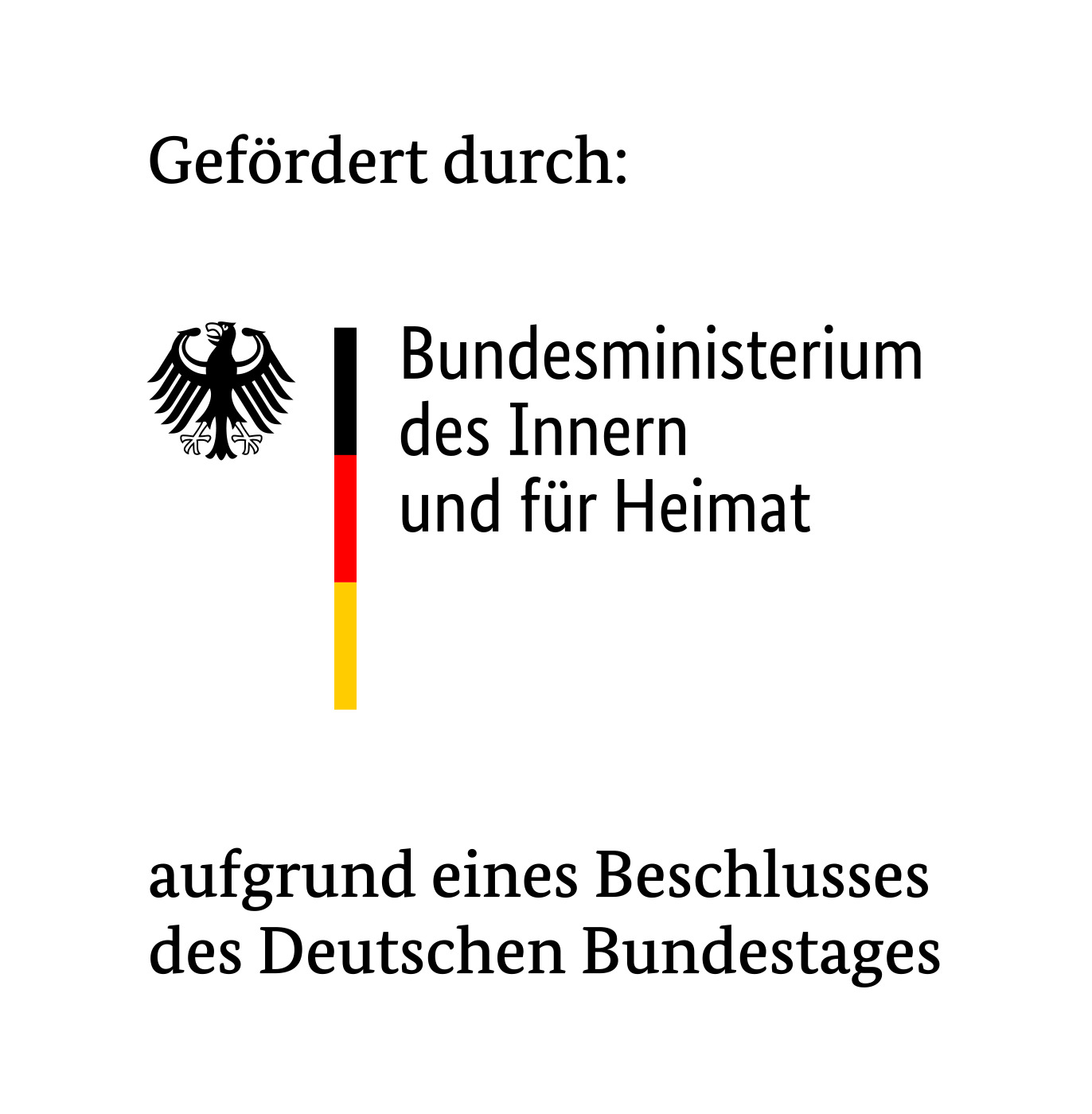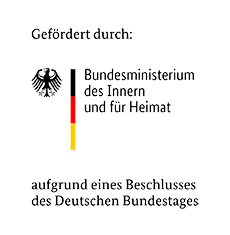
Together they are strong: minorities without a kin-state meet in Catalonia
Whether Aromanians or Catalans, Frisians or Ladins, Roma or Sorbs – they all share the same fate: they are representatives of minorities that have neither their own state nor a neighbouring state in which they form the majority. This circumstance makes the preservation of their culture, language and identity even more challenging compared to other minorities. It is therefore all the more important that they join forces and work together to preserve a Europe of diversity – this is done in the Non-Kin-State Working Group under the umbrella of the Federal Union of European Nationalities (FUEN).
Next week, from 31.05. to 03.06.2023, the WG will meet for its annual conference in Altafulla, Catalonia, in the north-east of Spain. The meeting is organised in cooperation with the Catalan organisation "Plataforma per la Llengua", which works to promote and defend the Catalan language and the linguistic rights of Catalan-speaking communities and has more than 16,000 members.
"The regular exchange with each other in Europe is very important because it strengthens our networks and personal relations," explains Bahne Bahnsen, spokesperson of the Non-Kin-State WG and member of the Frisian minority. "That's why we visit a different minority every year as part of our conference. This way we can learn with and from each other."
Representatives of the Aromanians from Bulgaria, Albania and Romania, the Ladins from Italy, the Pomaks from Greece, the Sorbs and Frisians from Germany, the Meskhetians from Russia and the Roma from Northern Macedonia will take part in the meeting.
During the event, around 20 participants from a total of ten countries and 14 minorities will have the opportunity to get to know the Catalan community, its language, organisations and culture, but also to delve into general topics. This year, for example, one focus is on non-kin-state minorities in public service. How present are minority languages in offices, hospitals or in court? Or more concretely: can the new passport in the town hall be applied for in Catalan? Various experts from academia, public authorities and politics will provide insights into the legal situation and lived practice in lectures and discussions. Where does it work well, where is there room for improvement? How can we learn from good examples?
Another focus is on digitalisation and the presence of minority languages in the new technologies. The status quo for different languages will be highlighted in expert presentations. Social media communication plays an important role for minority languages because it offers exciting opportunities to give small languages more space and visibility.
We will keep you updated about the meeting on FUEN's social media channels.
Background: The Non-Kin-State Working Group in FUEN
The Non-Kin-State Working Group was launched by FUEN in 2017 to give non-Kin-State minorities the opportunity to discuss their specific concerns and challenges, find solutions and develop joint strategies for the preservation of their small languages and cultures. Currently, 29 organisations from 15 different countries belong to it.
Title photo credit: Pixabay



